Iran fires 20 missiles in strikes on Israeli military sites, leaving two injured
Israel says it struck dozens of military targets overnight, including missile production sites
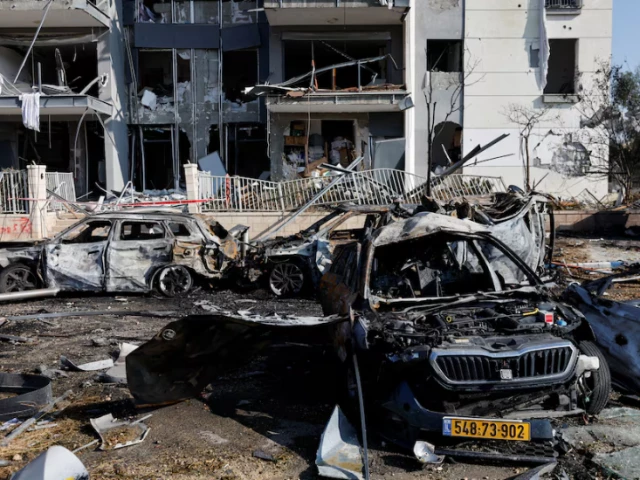
Iran fired missiles at Beersheba in southern Israel early on Friday and Israeli media said initial reports pointed to missile impacts in Tel Aviv, the Negev and Haifa after further attacks hours later.
About 20 missiles were fired in those latest Iranian strikes, an Israeli military official said, and at least two people were hurt, according to the Israeli ambulance service.
Fars news agency quoted an Iranian military spokesman as saying Tehran's missile and drone attacks on Friday had used long-range and ultra-heavy missiles against military sites, defence industries and command and control centres.
A week into its campaign, Israel said it had struck dozens of military targets overnight, including missile production sites, a research body it said was involved in nuclear weapons development in Tehran and military facilities in western and central Iran.
The Israel Defense Forces later said they had also struck surface-to-air missile batteries in southwestern Iran as part of efforts to achieve air superiority over the country.
Also Read: Europe pushes diplomatic solution to Iran-Israel war in Geneva
At least five people were injured when Israel hit a five-storey building in Tehran housing a bakery and a hairdresser's, Fars news agency reported.
Iran said it would continue to defend itself against Israel during a UN Security Council session on Friday, while Israel's UN ambassador vowed that his country would not stop its attacks until Iran's nuclear threat is dismantled.
"We will not stop," Israeli UN Ambassador Danny Danon said. "Not until Iran's nuclear threat is dismantled, not until its war machine is disarmed, not until our people and yours are safe."
Iran's UN Ambassador Amir Saeid Iravani urged the Security Council to take action.
"Israel apparently declared that it will continue this strike for as many days as it takes. We are alarmed by credible report that the United States... may be joining this war," he said.
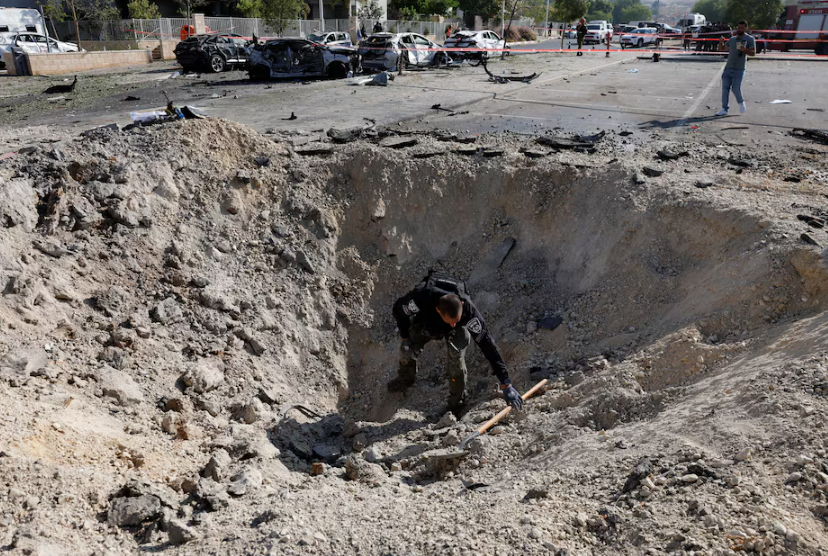
The head of the UN nuclear watchdog warned against attacks on nuclear facilities and called for maximum restraint.
"Armed attack on nuclear facilities... could result in radioactive releases with great consequences within and beyond the boundaries of the state which has been attacked," Rafael Grossi, director of the International Agency for Atomic Energy, told the UN Security Council on Friday.
He spoke a day after an Israeli military official said it had been "a mistake" for a military spokesperson to have said Israel had struck Bushehr, Iran's only nuclear power plant. He said he could neither confirm nor deny that Russian-built Bushehr, located on the Gulf coast, had been hit.
Iran said its air defences had been activated in Bushehr, without elaborating. Israel says it is determined to destroy Iran's nuclear capabilities but that it wants to avoid any nuclear disaster.
Later on Friday, Iran said it would not discuss the future of its nuclear programme while under attack by Israel, as Europe tried to coax Tehran back into negotiations and the United States considers whether to get involved in the conflict.
Iranian Foreign Minister Abbas Araqchi said there was no room for negotiations with the US "until Israeli aggression stops". But he later arrived in Geneva for talks with European foreign ministers at which Europe hopes to establish a path back to diplomacy over Iran's nuclear programme.
Before the meeting with France, Britain, Germany and the European Union's foreign policy chief, two diplomats said Araqchi would be told the US is still open to direct talks. But expectations for a breakthrough are low, diplomats say.
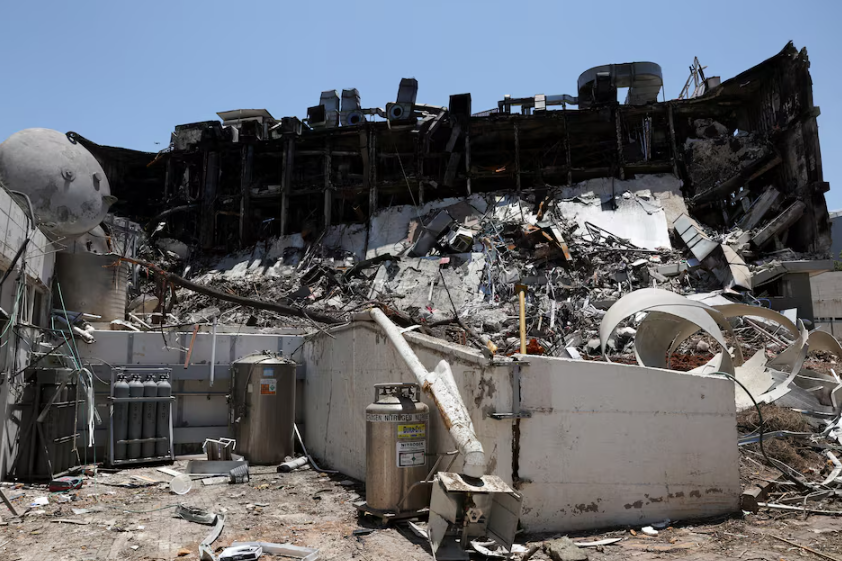
Israel began attacking Iran last Friday, saying its longtime enemy was on the verge of developing nuclear weapons. Iran, which says its nuclear programme is only for peaceful purposes, retaliated with missile and drone strikes on Israel.
Israel is widely assumed to possess nuclear weapons. It neither confirms nor denies this.
Israeli air attacks have killed 639 people in Iran, according to the Human Rights Activists News Agency, a US -based human rights organisation that tracks Iran. The dead include the military's top echelon and nuclear scientists.
In Israel, 24 civilians have been killed in Iranian missile attacks, according to authorities. Trump has alternated between threatening Tehran and urging it to resume nuclear talks. His special envoy to the region, Steve Witkoff, has spoken to Araqchi several times since last week, sources say.
The Trump administration announced on Friday fresh Iran-related sanctions against various entities with the aim of disrupting Tehran's efforts to obtain dual-use technology.
Western and regional officials say Israel is trying to shatter the government of Supreme Leader Ayatollah Ali Khamenei.
Iranian opposition groups think their time may be near, but activists involved in previous protests say they are unwilling to unleash mass unrest with their nation under attack. Iranian state media reported rallies in several cities, describing them as rallies of "solidarity and resistance".


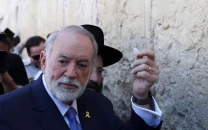
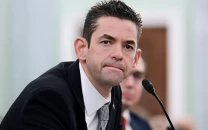
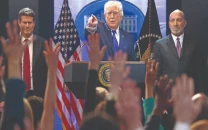
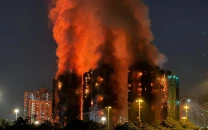
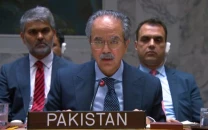











COMMENTS
Comments are moderated and generally will be posted if they are on-topic and not abusive.
For more information, please see our Comments FAQ